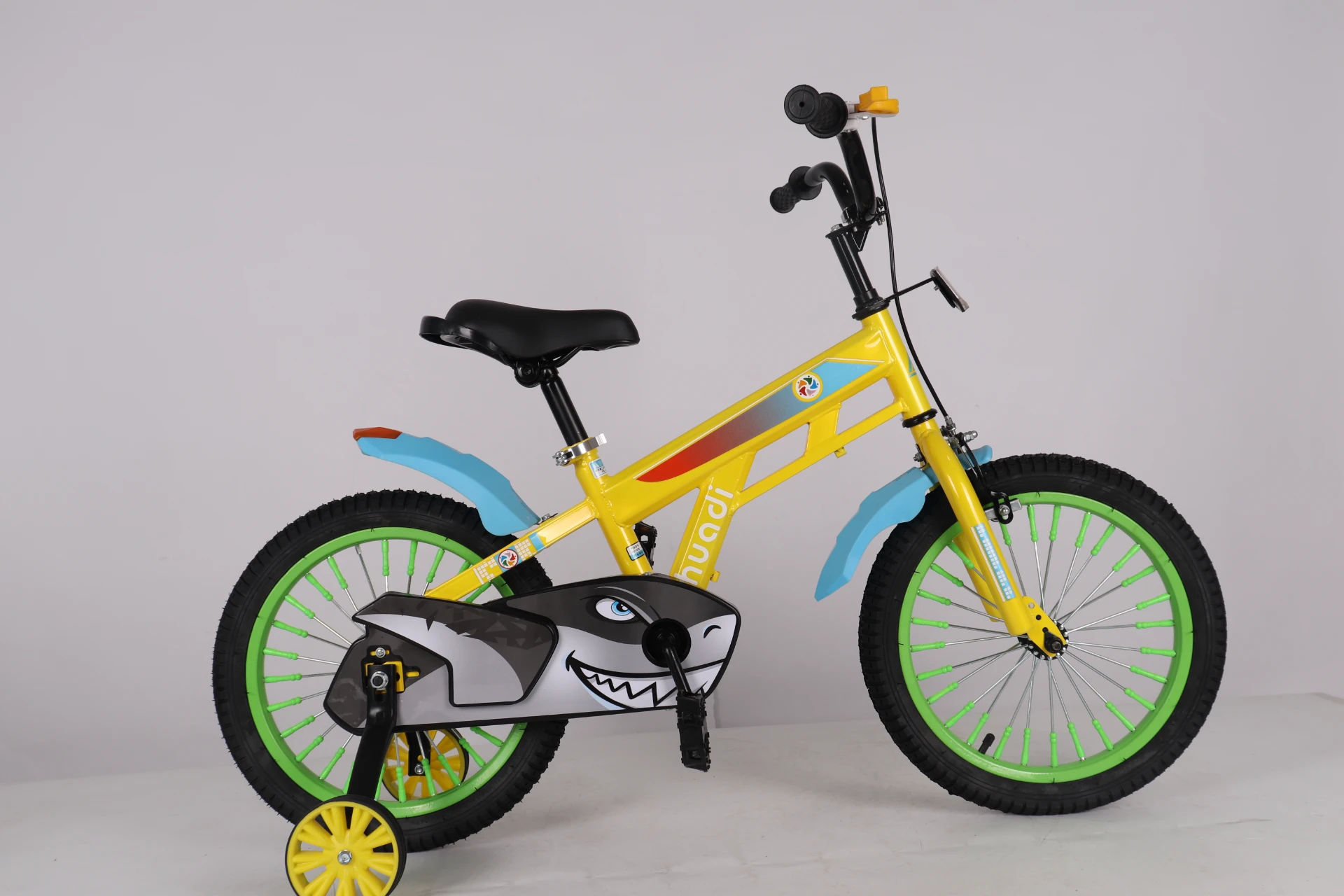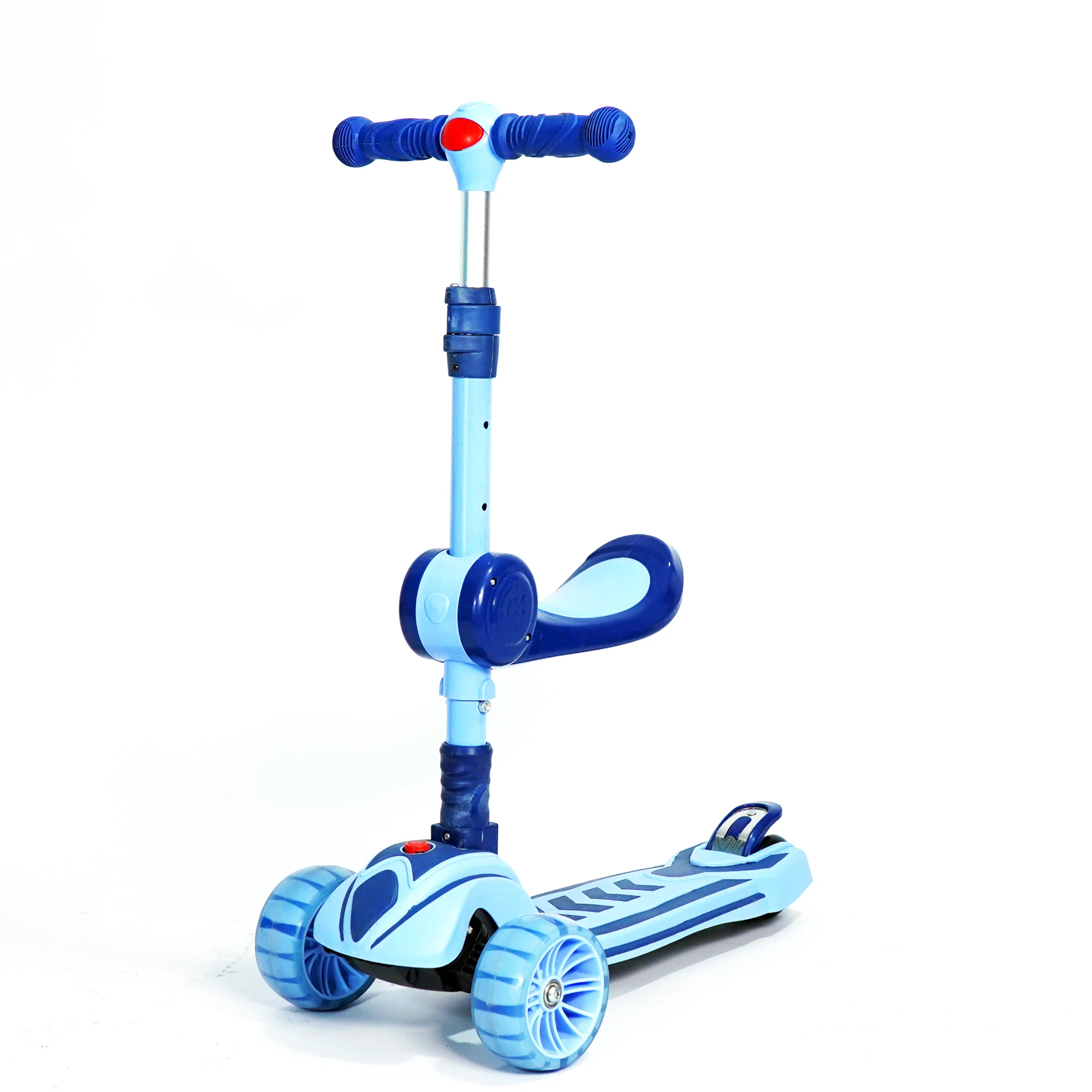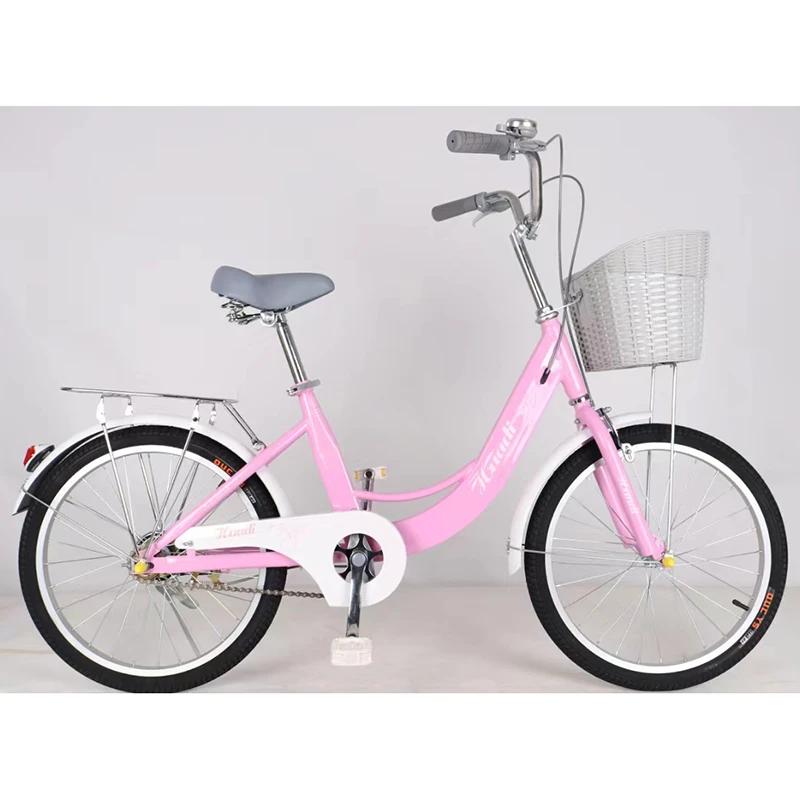2 月 . 16, 2025 07:00
Back to list
kids riding scooter
Children across the globe are embracing the joy and freedom that come with riding a scooter. This simple activity not only promotes physical fitness but also fosters a sense of independence and confidence. For parents considering a scooter for their child, understanding the nuances of choosing the right one is crucial. Here's an exploration of the children's scooter world that combines real experiences, expert advice, and trustworthy recommendations.
For urban families, scooters offer an eco-friendly alternative to short car trips. They are not only cost-effective but also contribute to reducing carbon footprints, aligning with sustainable living principles. Familiarity with local community guidelines on scooter use is essential to ensure children ride safely and legally. The concept of scooter maintenance can sometimes elude parents, but it's an essential component of scooter ownership. Regularly checking the condition of the wheels, brakes, and bearings can prolong the lifespan of a scooter and ensure it remains safe for your child. Some brands provide maintenance kits, allowing for easy home repairs and adjustments. Authoritative reviews from consumer advocacy groups like Consumer Reports provide insight into the best scooters on the market based on comprehensive testing and user feedback. Such reviews are invaluable as they remove the ambiguity from purchase decisions, offering parents peace of mind. Incorporating scooters into a child's routine should be a fun experience. Encourage children to practice in safe environments, like parks or designated skating areas, to build skill and confidence. Social scooting, where children ride with peers, is another excellent way to enhance social skills and cooperation. In conclusion, purchasing a scooter for your child is more than just buying a toy; it is investing in an instrument for growth and adventure. By considering factors such as age-appropriateness, safety, and expert recommendations, parents can make informed choices that pay dividends in their children's happiness and development. The world of children's scooters is vast and vibrant, with a perfect match waiting for your child's unique needs and personality.
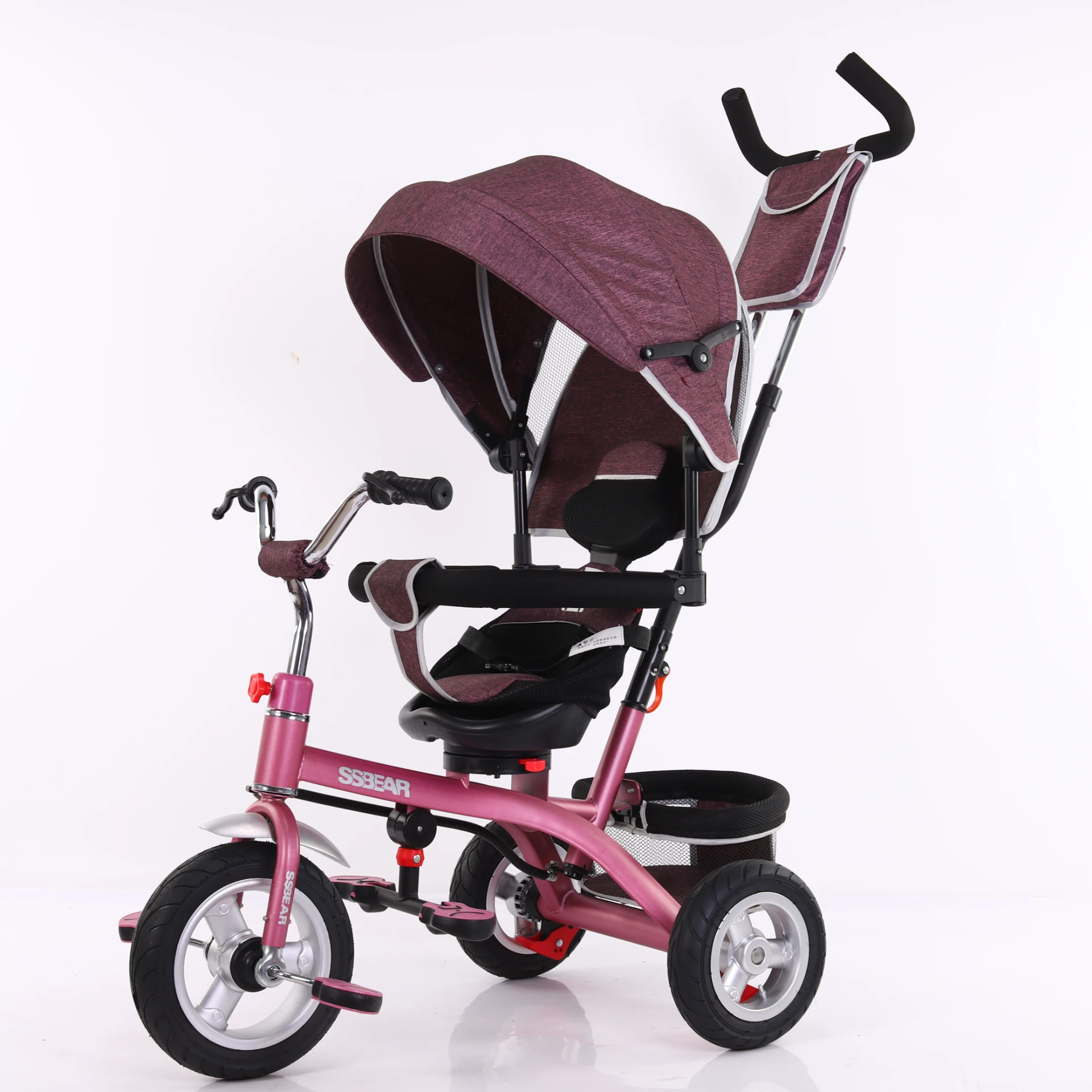
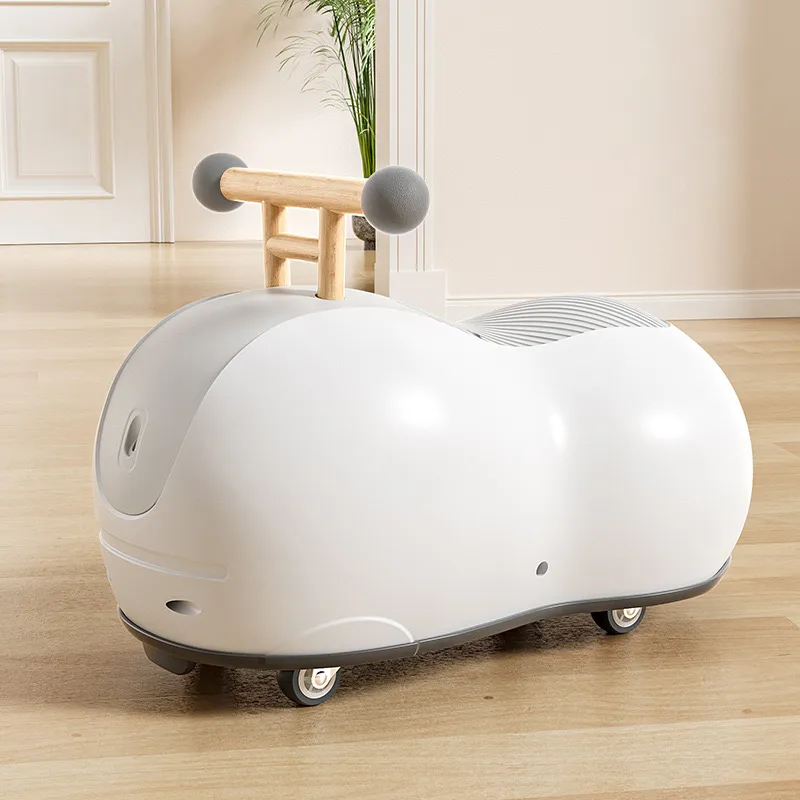
For urban families, scooters offer an eco-friendly alternative to short car trips. They are not only cost-effective but also contribute to reducing carbon footprints, aligning with sustainable living principles. Familiarity with local community guidelines on scooter use is essential to ensure children ride safely and legally. The concept of scooter maintenance can sometimes elude parents, but it's an essential component of scooter ownership. Regularly checking the condition of the wheels, brakes, and bearings can prolong the lifespan of a scooter and ensure it remains safe for your child. Some brands provide maintenance kits, allowing for easy home repairs and adjustments. Authoritative reviews from consumer advocacy groups like Consumer Reports provide insight into the best scooters on the market based on comprehensive testing and user feedback. Such reviews are invaluable as they remove the ambiguity from purchase decisions, offering parents peace of mind. Incorporating scooters into a child's routine should be a fun experience. Encourage children to practice in safe environments, like parks or designated skating areas, to build skill and confidence. Social scooting, where children ride with peers, is another excellent way to enhance social skills and cooperation. In conclusion, purchasing a scooter for your child is more than just buying a toy; it is investing in an instrument for growth and adventure. By considering factors such as age-appropriateness, safety, and expert recommendations, parents can make informed choices that pay dividends in their children's happiness and development. The world of children's scooters is vast and vibrant, with a perfect match waiting for your child's unique needs and personality.
Prev:
Next:
Latest news
-
Unleash Your Adventurous Spirit with All Mountain BikesNewsOct.31,2024
-
The Perfect Ride for Your Little Ones: Kids TricyclesNewsOct.31,2024
-
The Joy of Riding: Quality Kids Mountain BikesNewsOct.31,2024
-
The Excitement of Kids Scooters – Choose Your Adventure!NewsOct.31,2024
-
Kids' Bikes: Find the Perfect Ride for Your Little OnesNewsOct.31,2024
-
Experience the Fun of Swing CarsNewsOct.31,2024
-
Why a Giant Bike for Kids is a Top ChoiceNewsOct.24,2024

